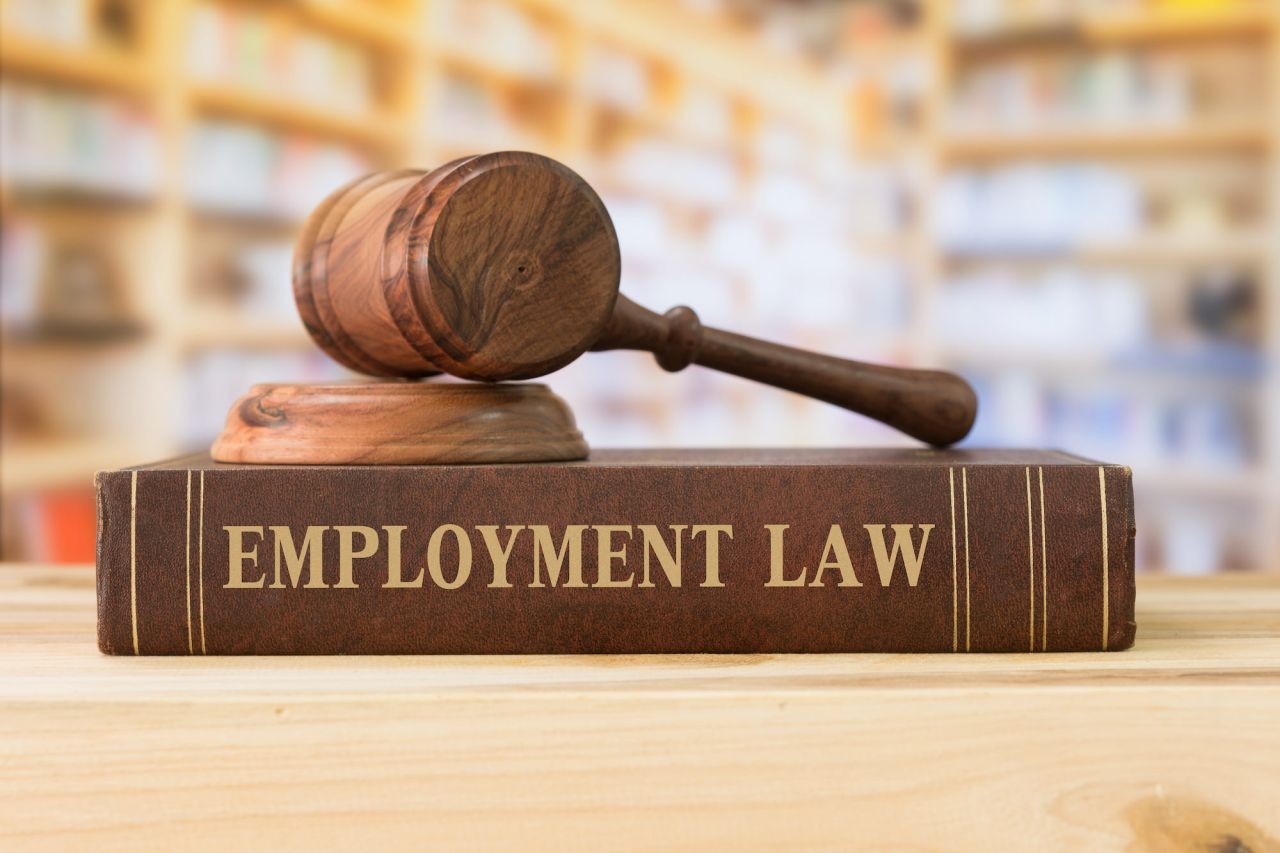HOW DOES THE CA LABOR COMMISSIONER DIFFER FROM COURT?
California employees have two basic forums available to them for filing claims when they believe their employer has violated certain California Labor Code sections: Superior Court and the California Labor Commissioner. The process for filing such a claim in Court is essentially no different than filing a Court claim for many other types of civil matters. However, the process and procedures involved with a CA Labor Commissioner claim are very different than the Court process and procedures.
First of all, unlike the Court system which has jurisdiction over countless types of cases, the Labor Commissioner only has jurisdiction over a very limited set of what are often referred to as employment related wage and hour claims. Typically, such claims are restricted to only a handful of matters, such as an employer’s alleged failure to pay legally required wages, meal and rest break issues, and reimbursement of employment related expense matters.
Also very different from the Court system, Labor Commissioner claims can only typically be brought by employees and not employers. The process usually begins when an employee contacts the Labor Commissioner to make a claim against a current and/or former employer. Different from the Court system where the Clerk’s office and the Court personnel are normally not allowed to provide legal assistance, Labor Commissioner staff often assist employees in filling out paperwork, organizing alleged legal theories, and calculating potential monetary remedies.
Unlike with Court procedures, a written claim is normally generated by the Labor Commissioner, which includes the alleged employer violations and potential remedies. The claim is then usually mailed by the Labor Commissioner to the alleged employer(s) along with a notice inviting the parties to a conference.
While settlement conferences sometimes occur in Court proceedings, the Court system does not have a procedure exactly similar to the Labor Commissioner’s Conference. Usually, a Deputy Labor Commissioner presides over the semi-formal conference proceeding with the ability to help facilitate a settlement, prepare the claim to be scheduled for a formal hearing if no settlement can be reached, or dismiss the claim if it lacks a critical element such as there is clearly no employment relationship between the parties.
If the claim is not settled nor dismissed at the conference, then the Labor Commissioner normally organizes the issues to be decided at a formal hearing in the form of a Complaint document. The Complaint is signed by the employee and mailed by the Labor Commissioner to all of the parties with formal Notice of a scheduled hearing.
Although a Labor Commissioner hearing is a formal legal proceeding somewhat similar to a non-jury trial in Court, there are significant differences between a Court trial presided over by a Judge and a Labor Commissioner hearing presided over by typically a non-attorney hearing officer. For instance, with a Labor Commissioner hearing, there is no right to obtain documents/information from the other side in advance of the hearing, attorney’s fees are not recoverable, evidentiary rules are lax, and the proceedings are usually audio recorded verses using a Court reporter.
The Labor Commissioner hearing does afford, though, both sides the opportunity to present their case in the form of argument, witness testimony, and documentary evidence. At the conclusion of the hearing, which can last anywhere from a few hours to multiple days, the hearing officer normally then renders a written decision several weeks or months later.
Again very different from a case which originates in Superior Court, the Labor Commissioner has its own appellate procedures. A Labor Commissioner hearing decision can be appealed to the Superior Court by any of the parties for what is called a “de novo” or “new” proceeding. Essentially, if the decision is appealed, the entire Labor Commissioner process is rendered meaningless, and the parties participate in a brand new Court proceeding. Employers who appeal a hearing decision typically have to post a bond while employees are not required to post such a bond.
Employees who receive a hearing decision in their favor also have the potential option of converting the decision into a Superior Court judgment, which can then be enforced via Court collection procedures. Again, unlike an action in Court, Labor Commissioner staff will often assist employees with converting their favorable decision into a Superior Court civil judgment.
Related Posts
By accepting you will be accessing a service provided by a third-party external to https://www.correnlaw.com/





